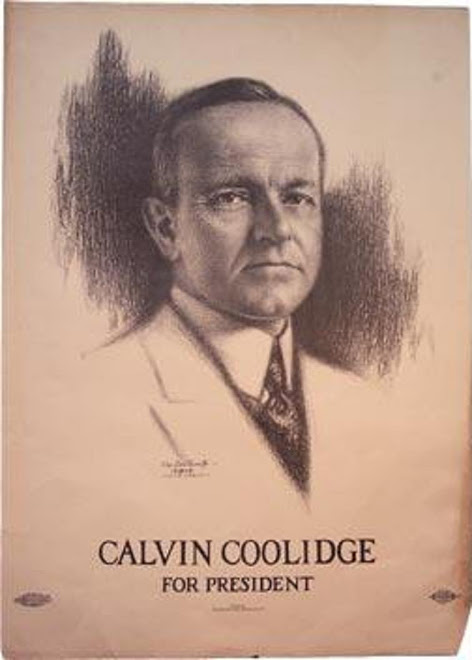The labor theory of value is a major pillar of traditional Marxian economics, which is evident in Marx's masterpiece, Capital (1867). Its basic claim is simple: the value of a commodity can be objectively measured by the average amount of labor hours that are required to produce that commodity.Now, I would not posit a parallel theory of value in which capital is central. But I will posit a capital theory of value along these lines:
If a pair of shoes usually takes twice as long to produce as a pair of pants, for example, then shoes are twice as valuable as pants. In the long run the competitive price of shoes will be twice the price of pants, regardless of the value of the physical inputs.
The labor theory of value is demonstrably false. But it did prevail among classical economists through the midnineteenth century. Adam Smith, for instance, flirted with a labor theory of value in his classic defense of capitalism, The Wealth of Nations (1776), while David Ricardo later systematized it in his Principles of Political Economy (1817), a text studied by generations of free-market economists.
So the labor theory of value was not unique to Marxism. Marx did attempt, however, to turn the theory against the champions of capitalism.
1. A broad array of capital goods (e.g., metal presses and railroad cars) will produce the same outputs (e.g., auto body parts of a certain quality and a certain number of passenger-miles) despite wide variations in the intelligence, education, and motor skills of their operators.
2. That is to say, capital leverages labor (especially unskilled labor).
3. Rewards justifiably -- if unpredictably -- flow to those who invent capital goods, innovate improvements in capital goods, invest in the production of such goods, and take the risk of owning businesses that use such goods in the production of consumer goods and services.
4. The activities of those inventors, innovators, investors, and entrepreneurs constitute a form of labor, but it is a very special form. It is not the brute force kind of labor envisaged by Marx and his intellectual progeny. It is a kind of labor that involves mental acuity, special knowledge, a penchant for risk-taking, and -- yes, at times -- hard work.
Without capital, labor would produce far less than it does. Capital, by the same token, enables labor of a given quality to produce more than it otherwise would.
Vive le capitalisme!
